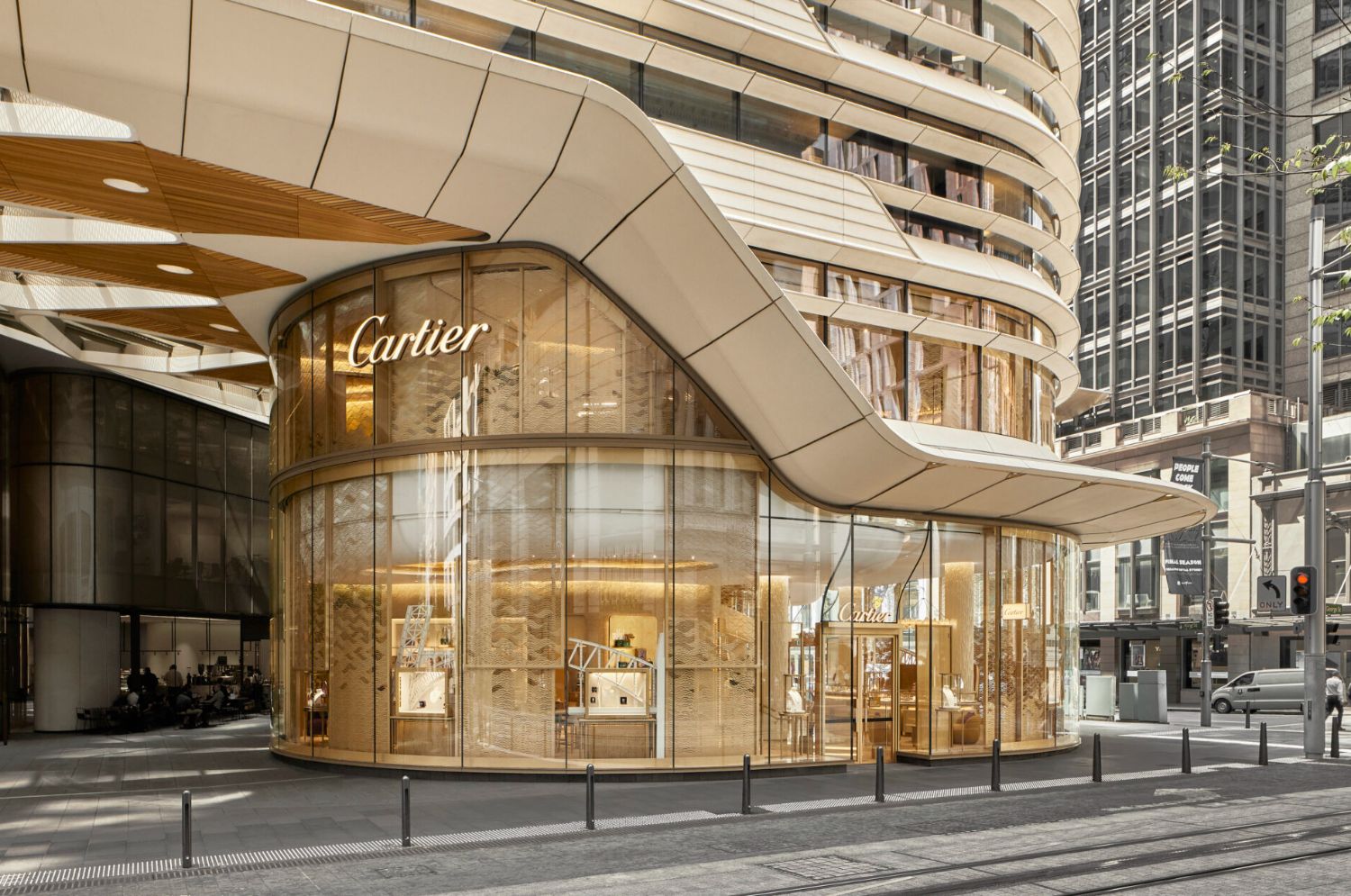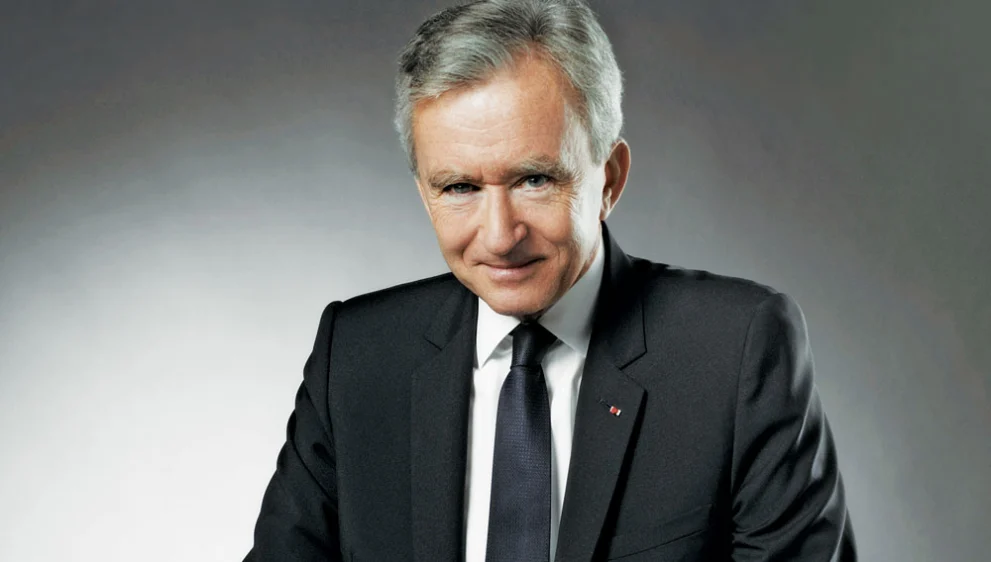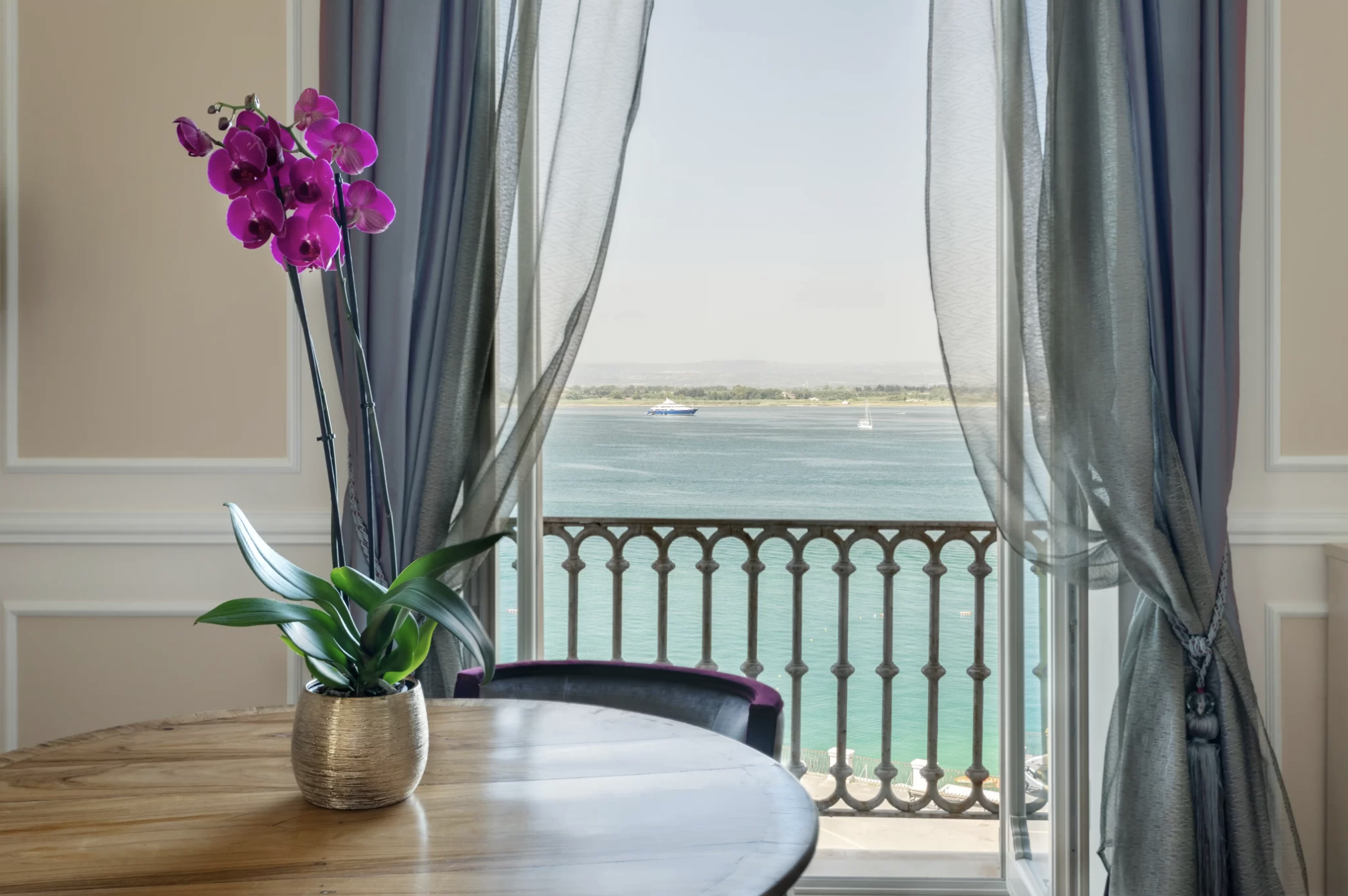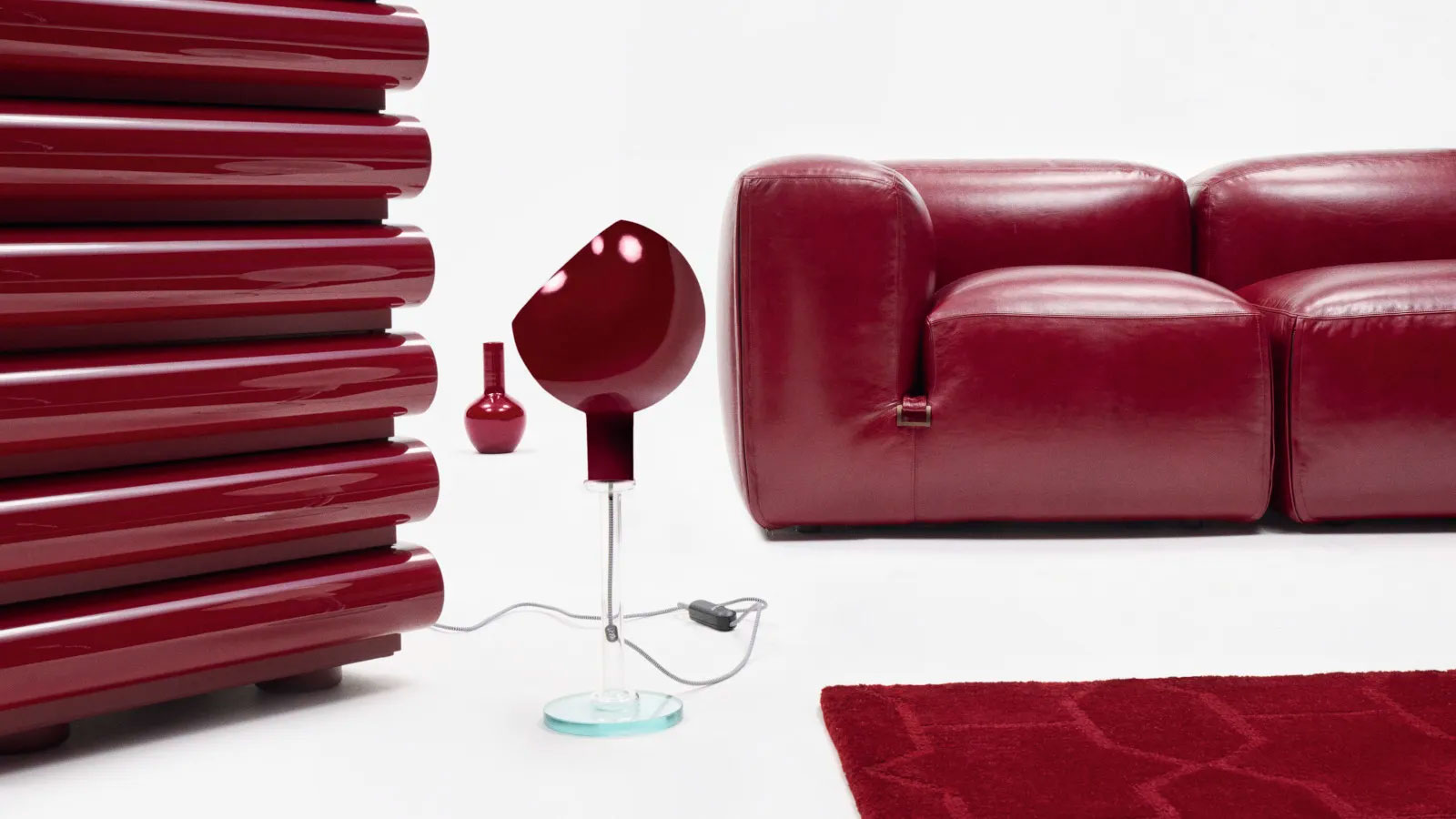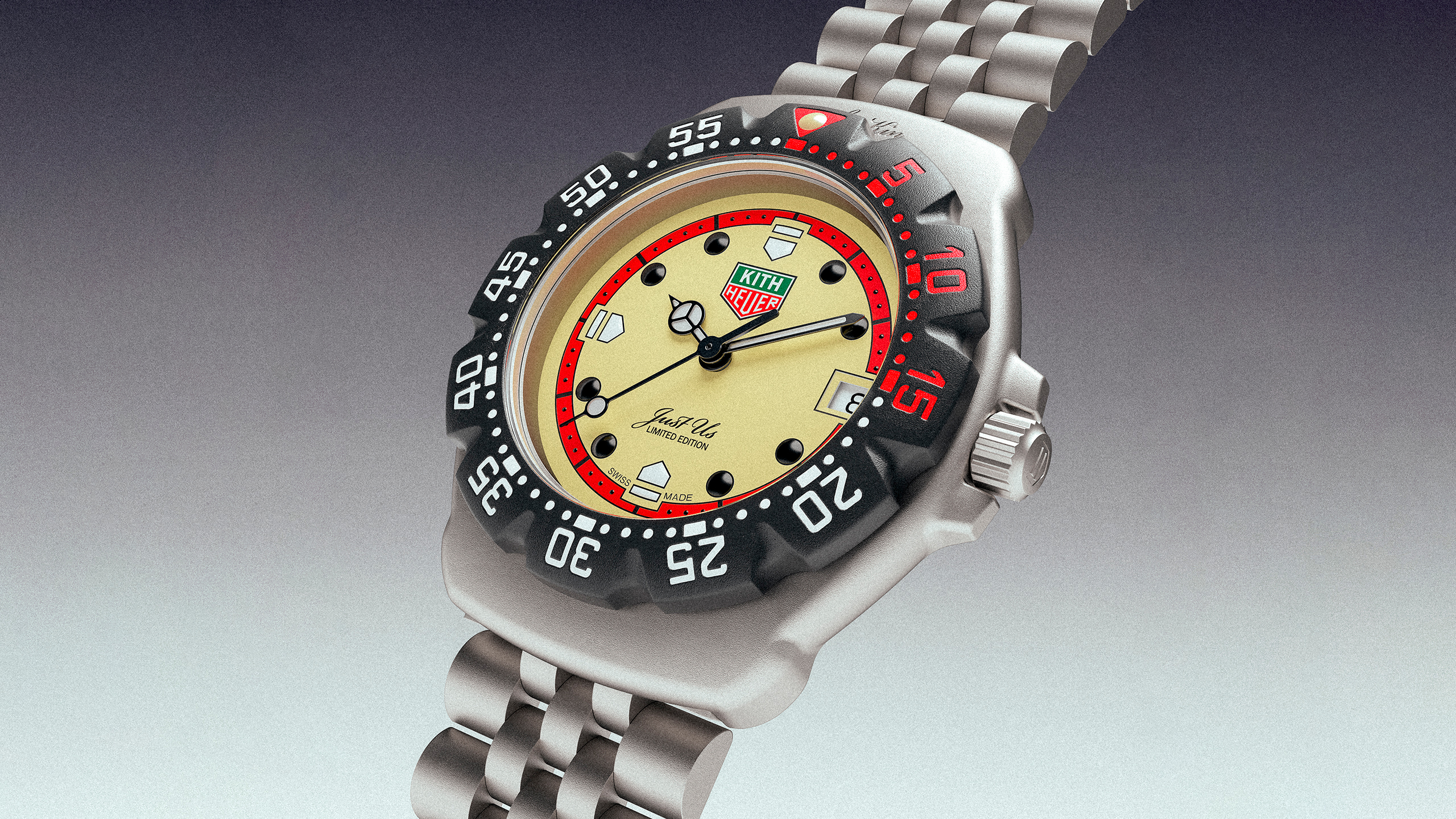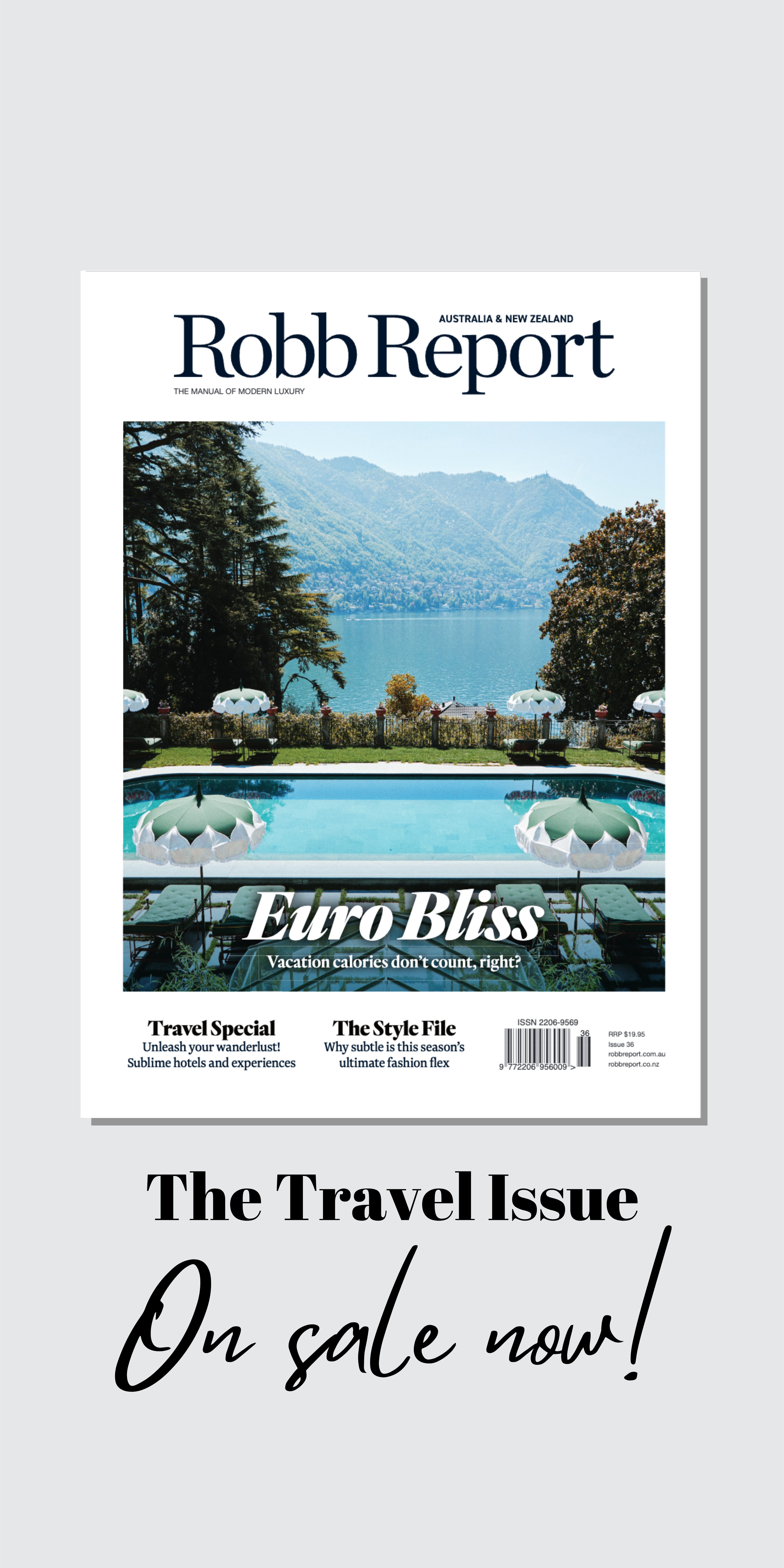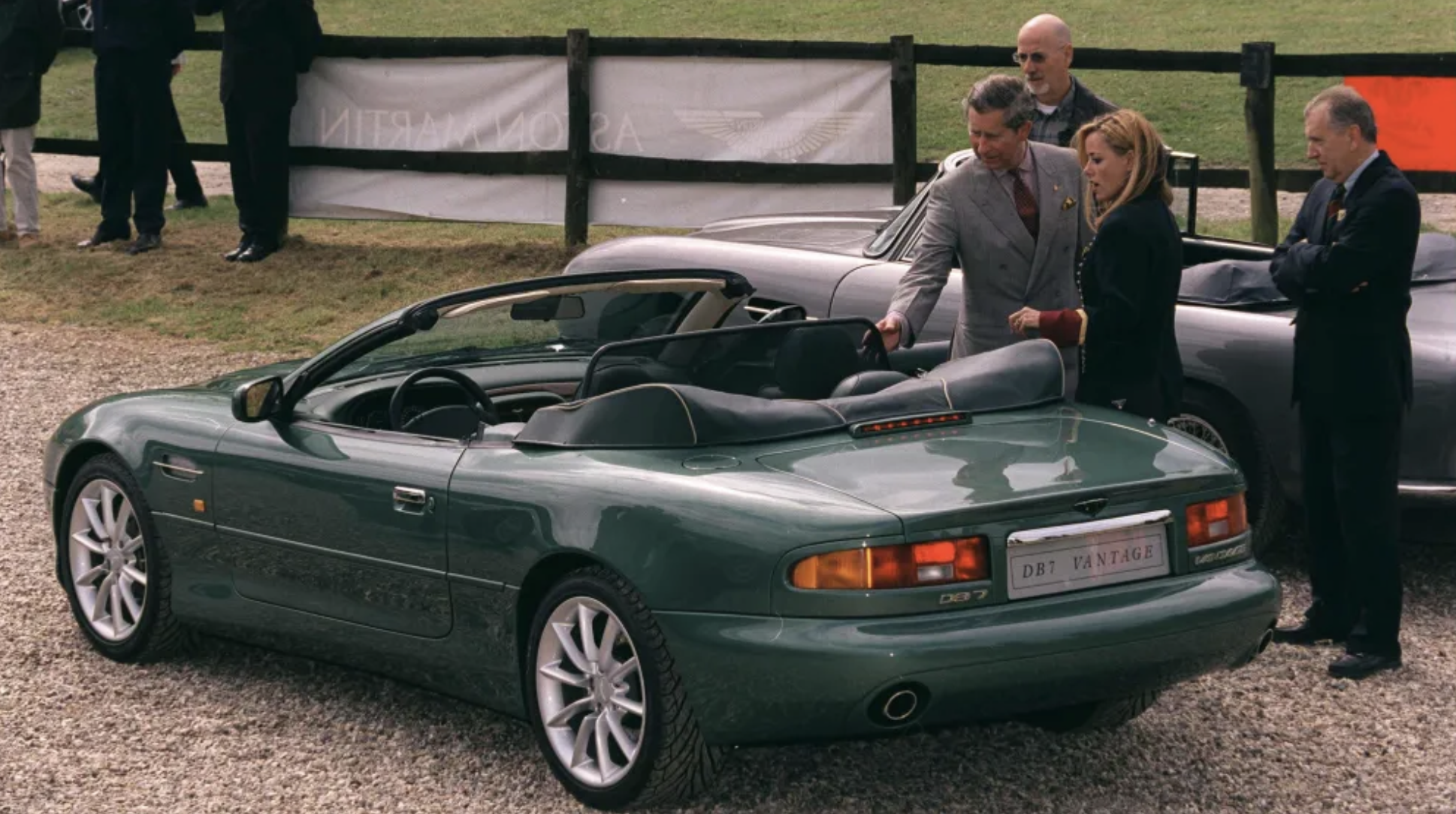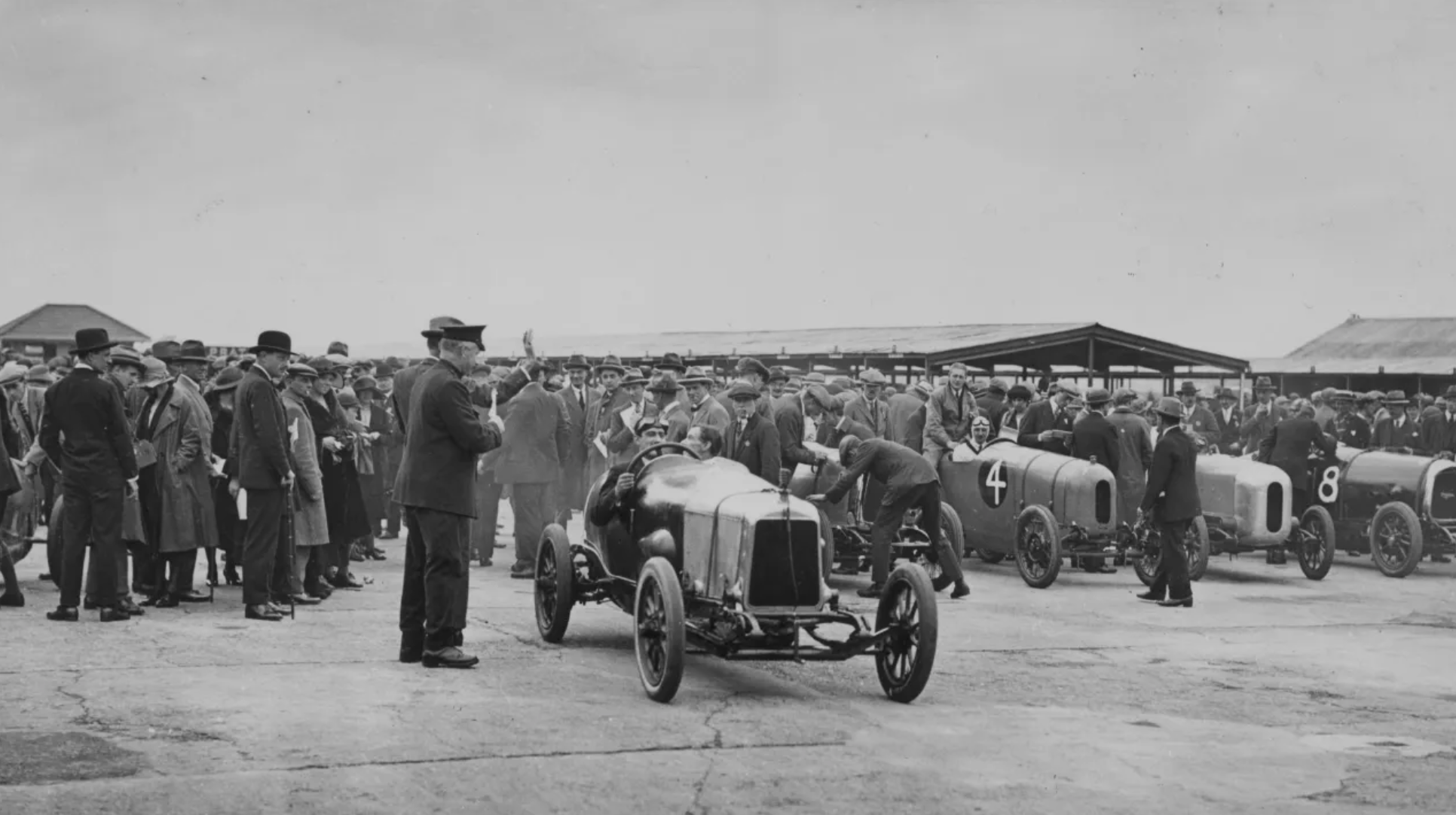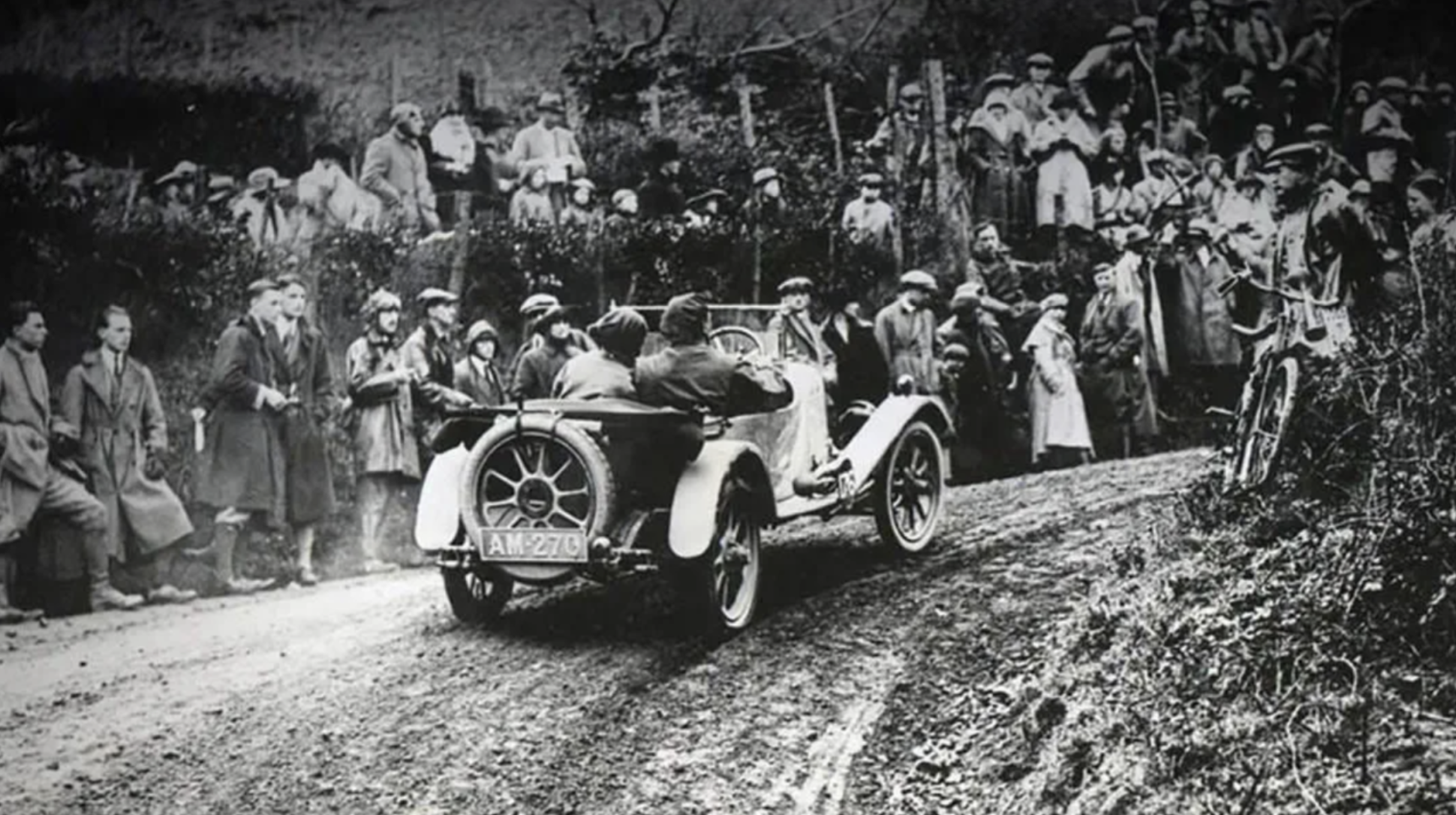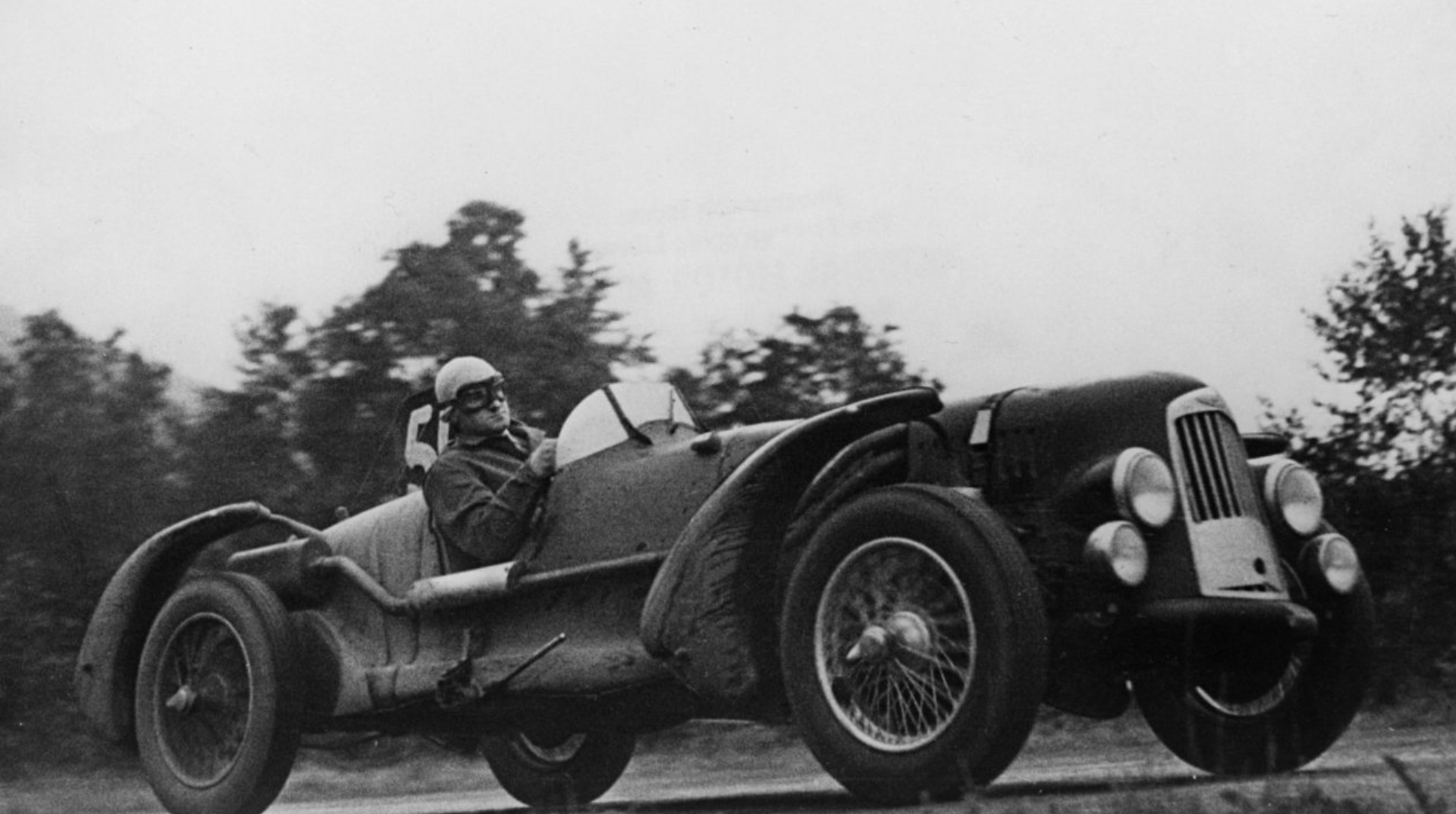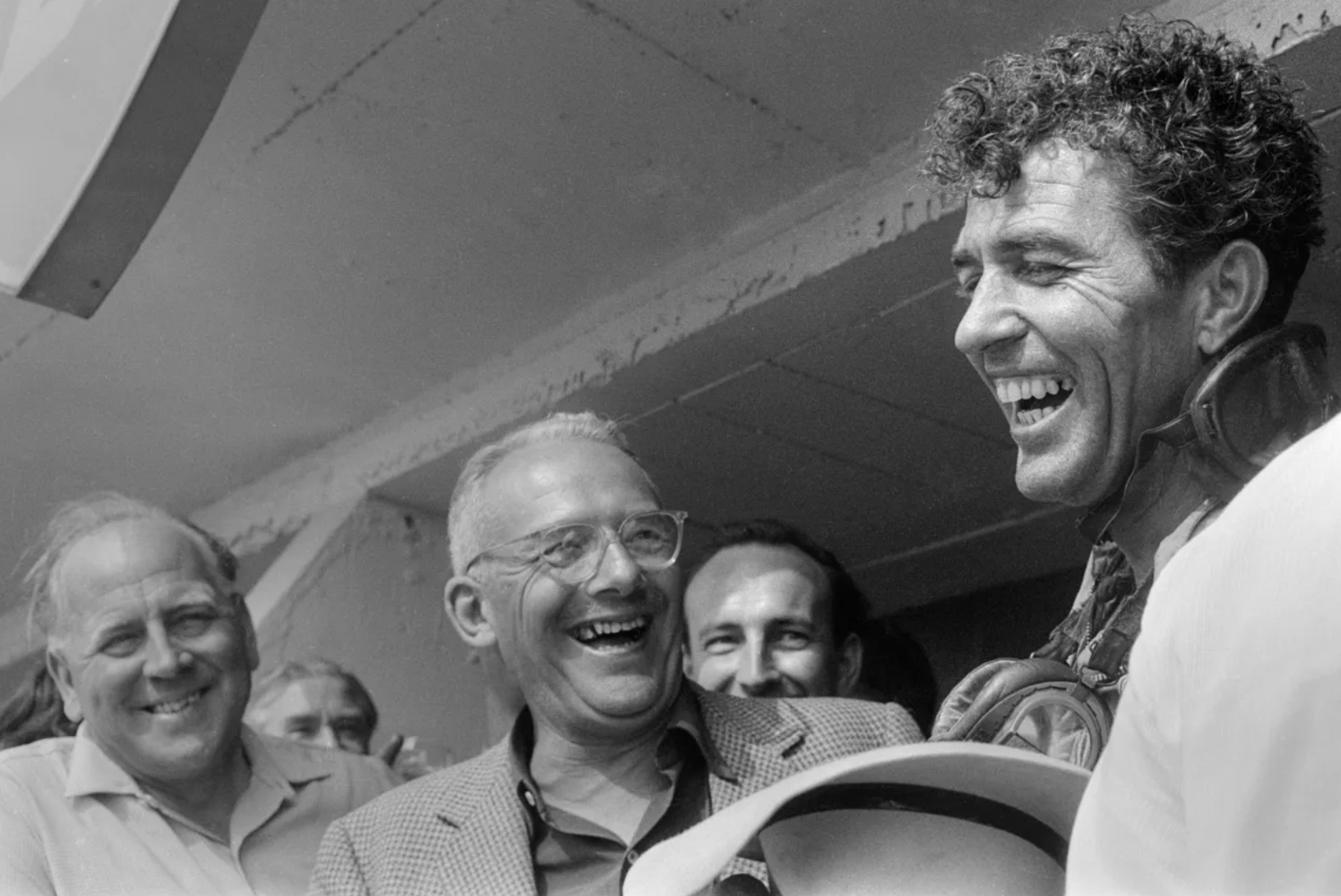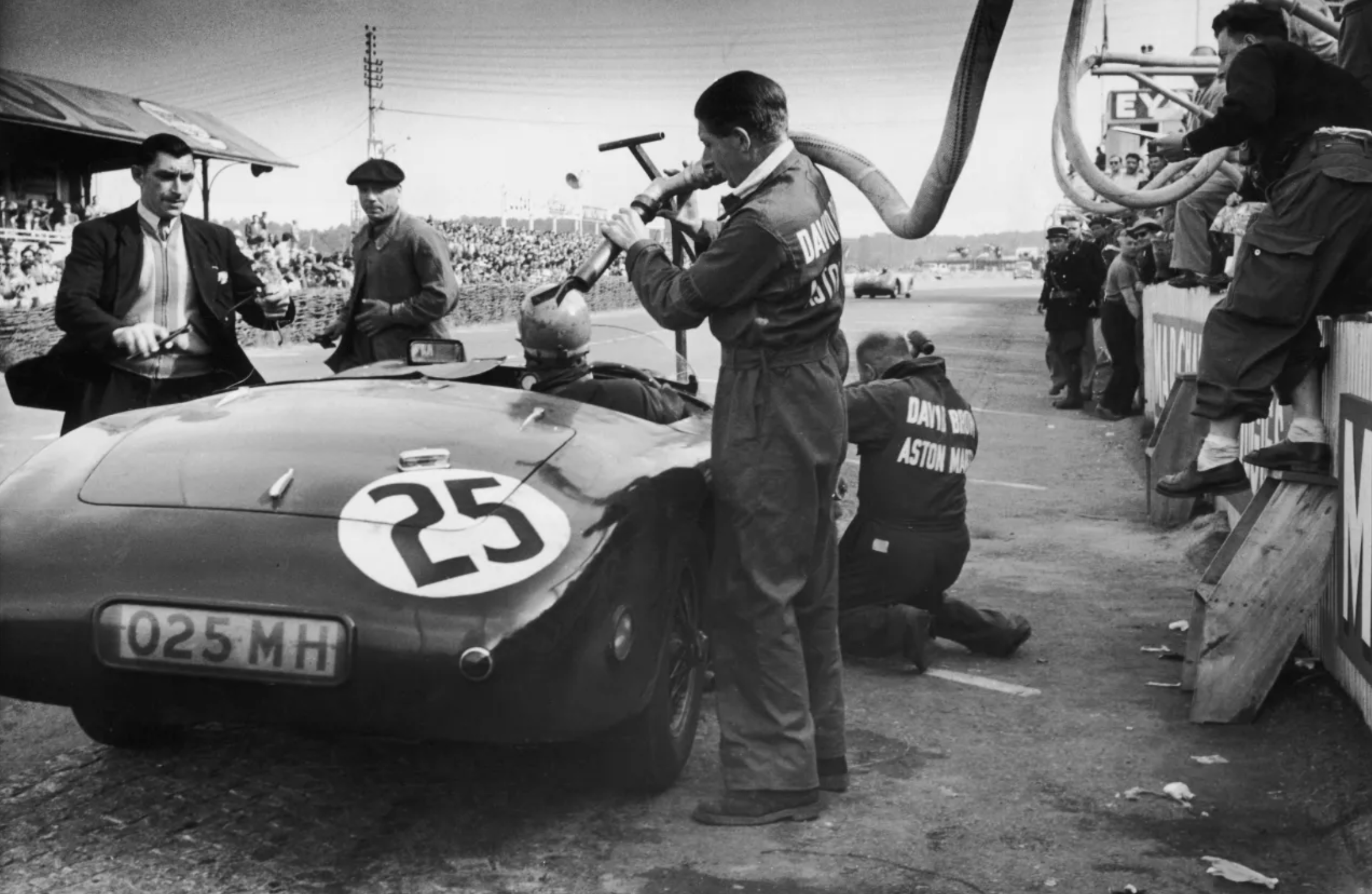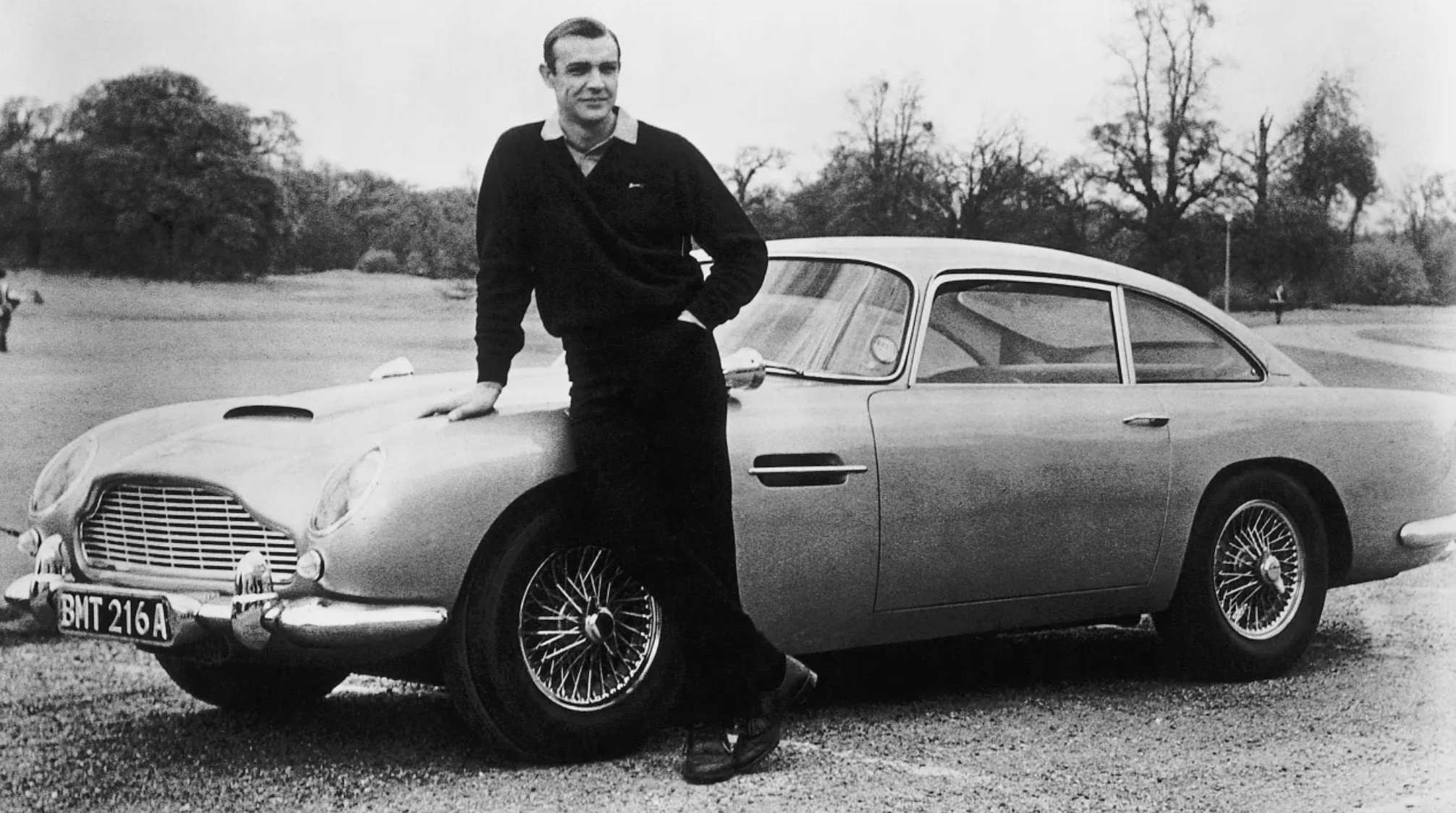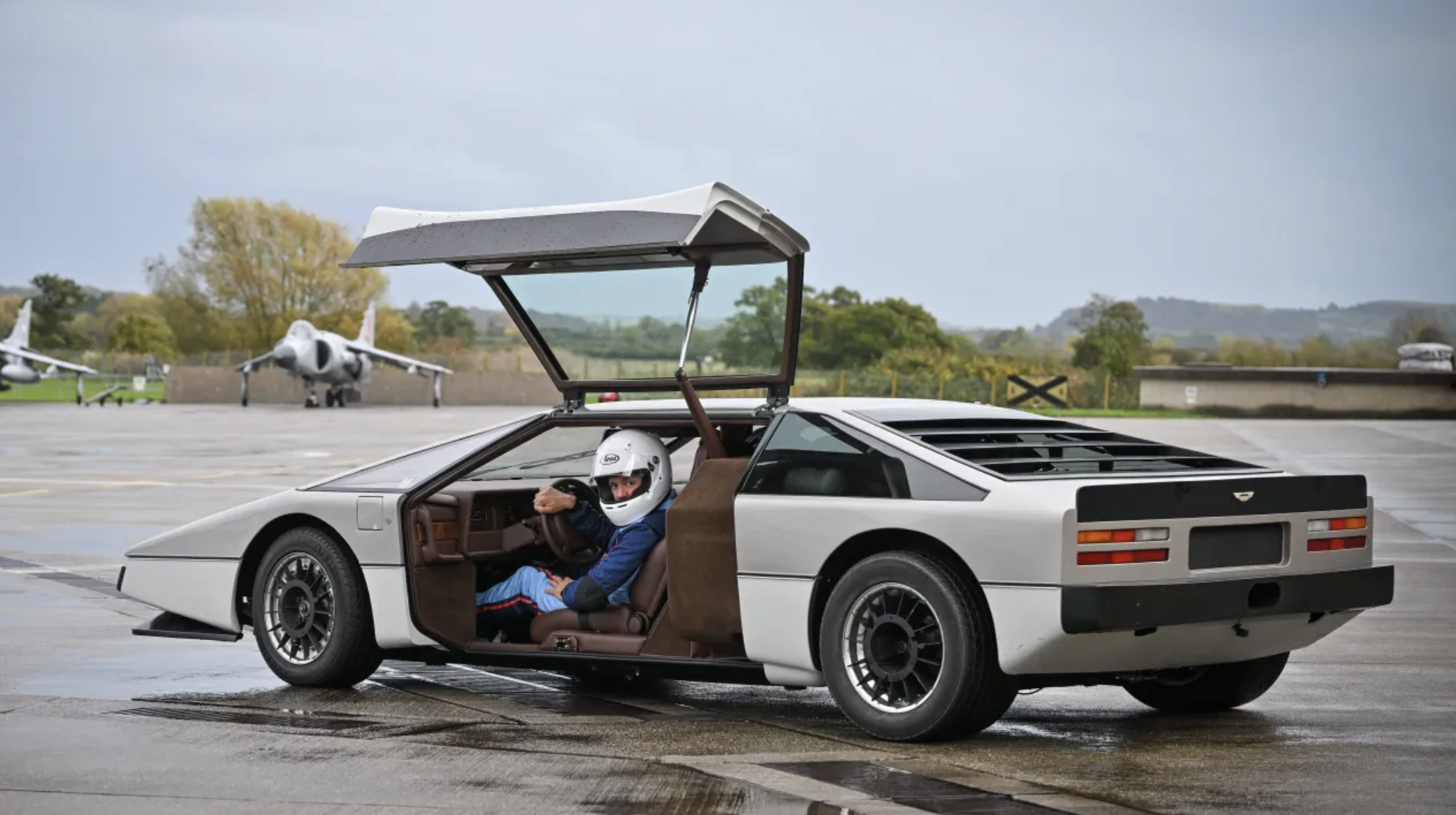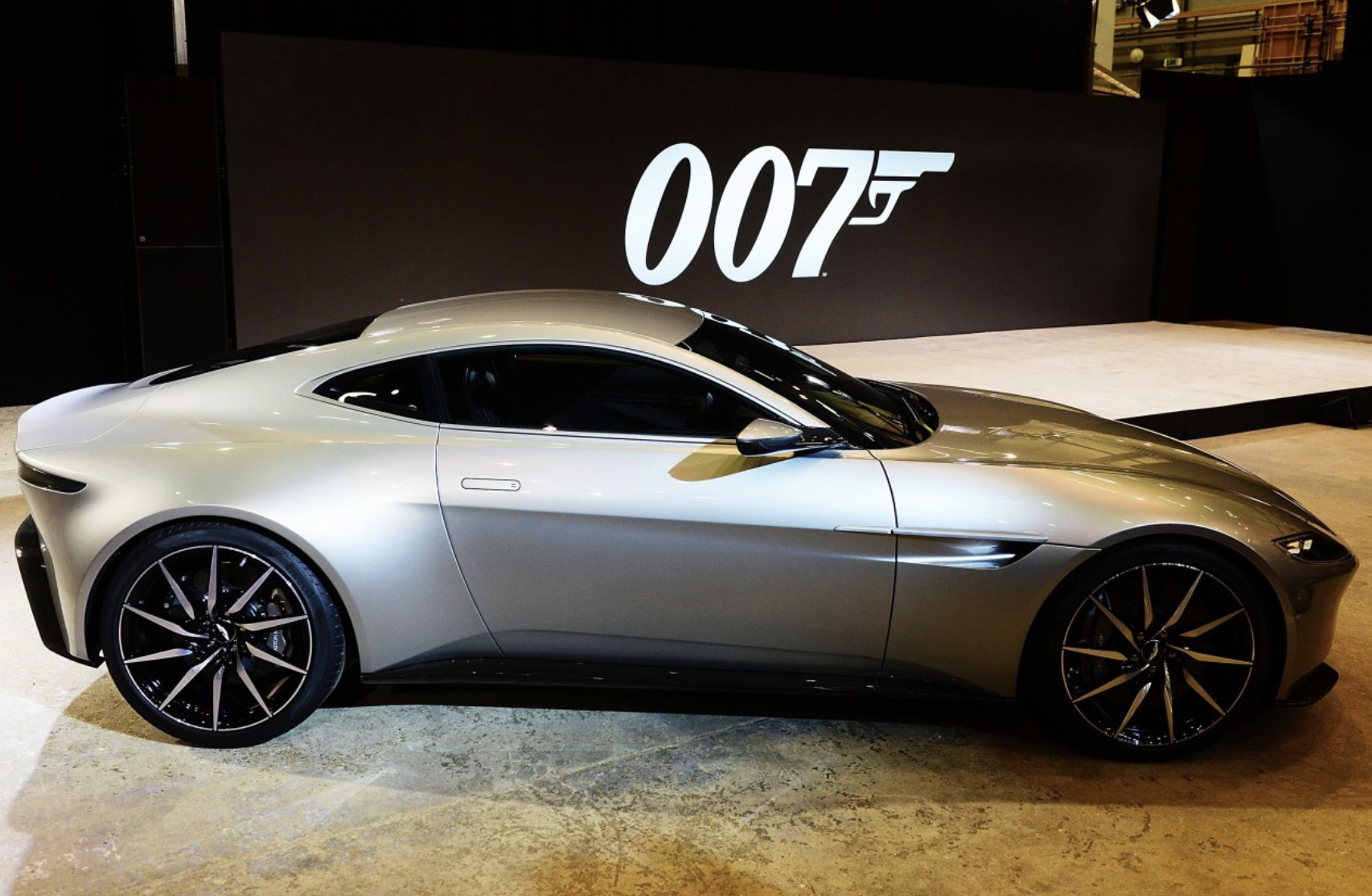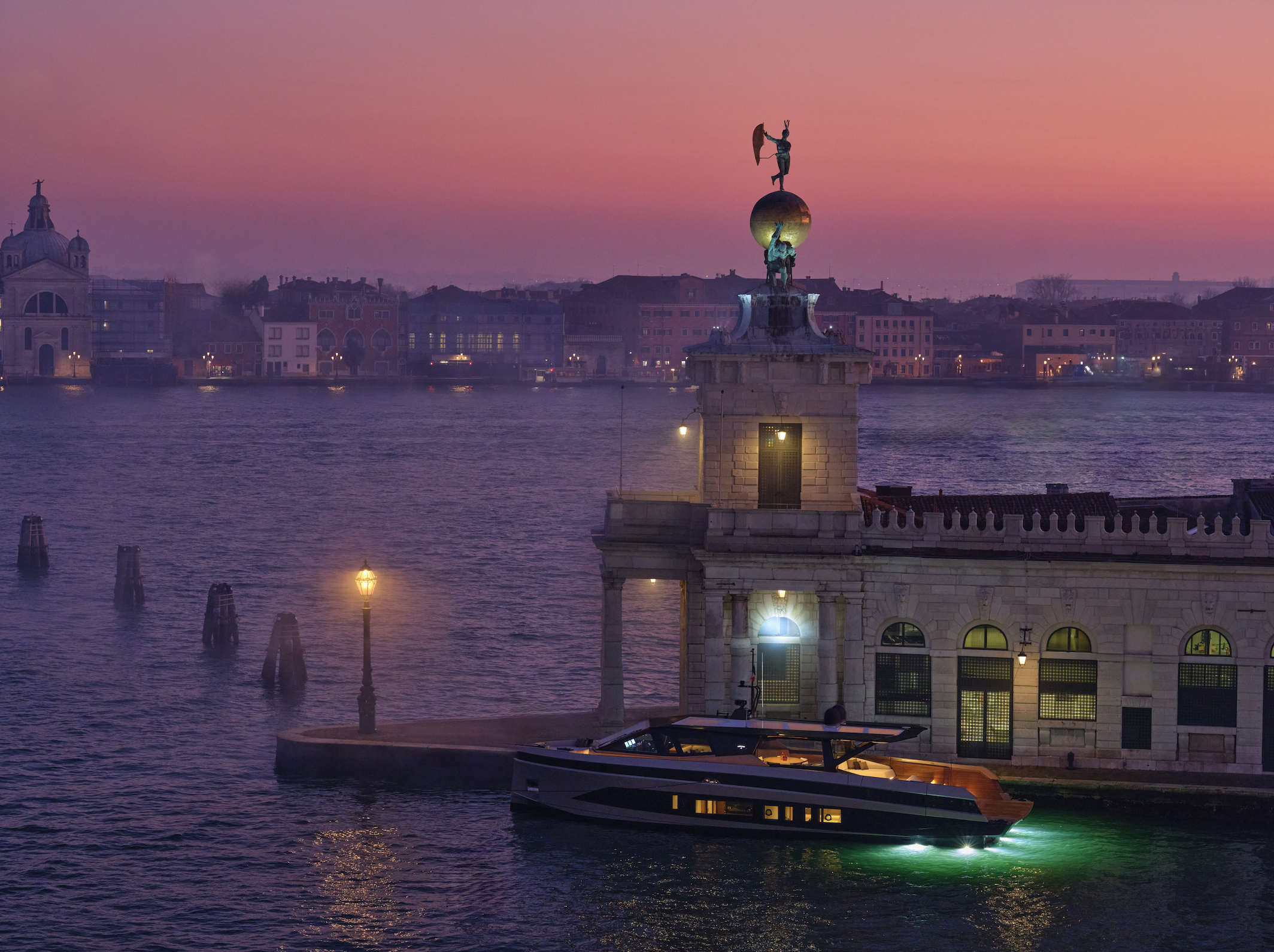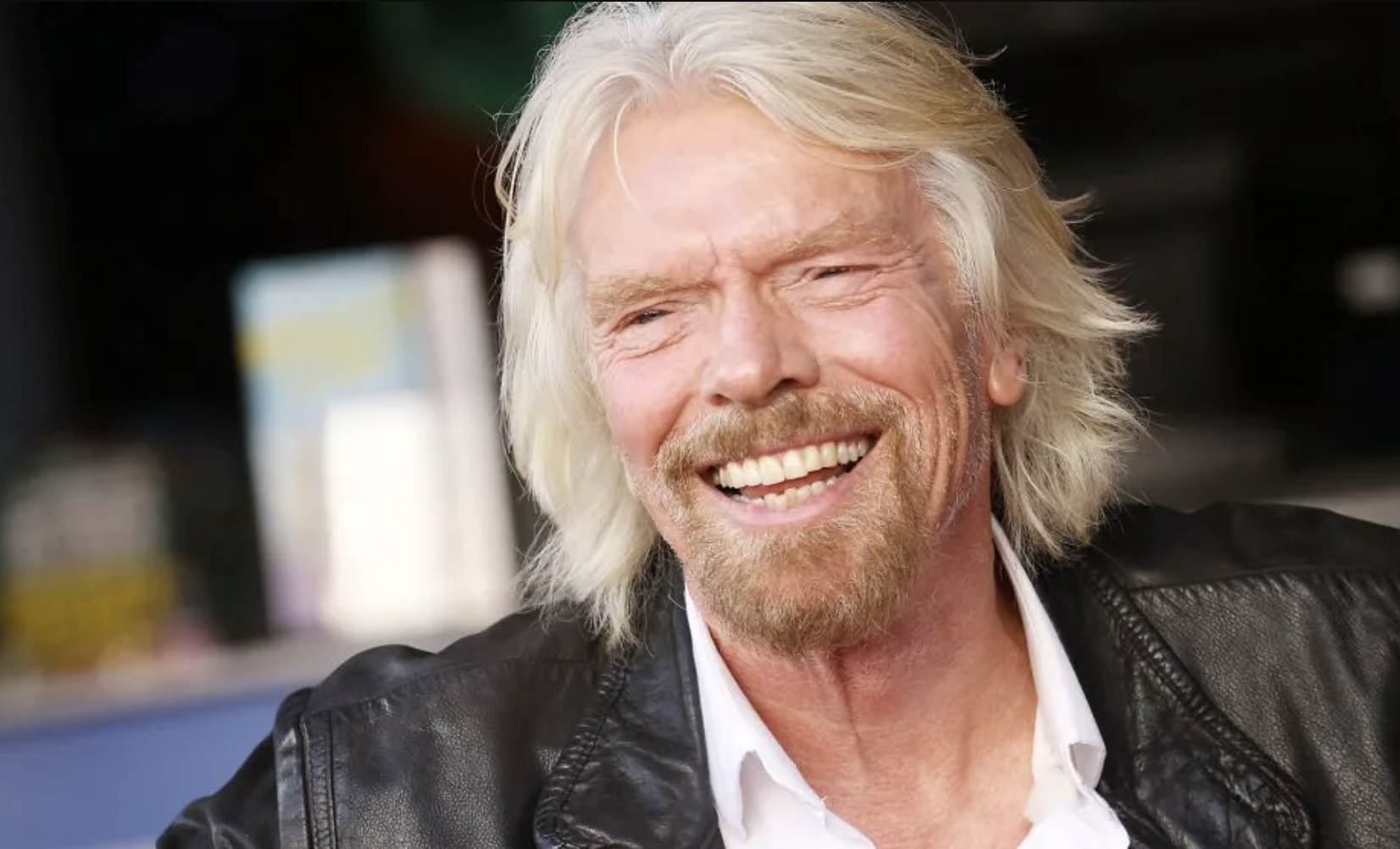
‘Dyslexia Is My Superpower’: How Learning Differently Helped Richard Branson
Branson felt a failure at school, dropping out at 15. Now the Virgin founder is convinced that his dyslexia was the reason he took risks.
Related articles
Sir Richard Branson has a knighthood, a Caribbean island, a rocket and several billion pounds to his name, but he still thinks of himself as a bit of a rebel. Once, when I went to interview him in his Swiss chalet, Britain’s best-known entrepreneur padded down the steps to meet me in his socks. This time, we speak by Zoom and the 71-year-old is wearing a faded orange T-shirt that looks identical to one my teenage son owns. He is in Morocco at his kasbah in the Atlas Mountains—tanned, of course, and with hair bleached by the sun. When he turns his camera off he sounds exactly—eerily—like Tony Blair. He is definitely more Cool Britannia than Little England.
Branson may have 400 companies in his Virgin group, running everything from gyms to planes and even a bank, but he has never been a suit-and-tie kind of businessman. In the ’70s, his record company signed the Sex Pistols and he is happier leaping from planes or hanging out with supermodels than staring at numbers in the boardroom. Having dropped out of school at 15, he lived for years on a houseboat because he couldn’t afford a house—he called it the Duende, which means “the power to attract through personal magnetism and charm.”
He has always been a brand as much as a businessman—a disrupter who loves to “tilt at big companies,” as he puts it. He still thinks of himself as an outsider rather than part of the corporate establishment and tells me that he has learned over the course of his long business career that “it is possible to be a David versus a Goliath and pay the bills at the end of the year.” Last week, he visited Ukraine and met Volodymyr Zelensky—the epitome of the plucky underdog—and saw some of the sites of Russian attacks since Vladimir Putin’s “appalling invasion” began.
Branson prides himself on taking up new challenges and is always pushing himself to the limit, whether flying around the world in a hot-air balloon or beating Elon Musk into space. “I hate saying no; I’m known as Dr Yes,” he explains, and he is convinced that his positivity is one of the secrets of his success. “I think being an optimist is a hell of a lot more fun than being a pessimist. As a leader, it’s so much better to look for the best in people, to praise people and generally be positive. That brings the best out of people.”

Branson expressed his desire to become an entrepreneur at a young age. Getty
There have, he admits, been some close shaves. He has almost died 75 times as result of his daredevil escapades, and flirted with financial ruin on more than one occasion. “But life has been a hell of a lot more fun because I’ve said ‘yes’ rather than ‘no.’ When I was 16 I brought out a magazine called Student and on the back I printed, ‘The brave may not live forever, but the cautious do not live at all.’ I’ve lived by that mantra ever since.”
Branson admits that things could have turned out very differently. On the day he left Stowe—the independent boarding school he attended until he was 15—the head teacher told him he would either end up a millionaire or in prison. That turned out to be an accurate prediction. By the age of 22, he had not only set up his magazine but had also opened a chain of record stores, Virgin Records, and founded the empire that would make his name.
A few years later the headmaster sent him a letter asking him to sponsor a new girls’ dormitory at the school. “I wrote back saying, ‘Yes, if you name it after my company,’” Branson tells me. The school decided that “Virgin” was not the most appropriate name to have emblazoned above the door of the female sleeping quarters. “I heard nothing more from him for another 10 years, and then he said how much he regretted not just saying yes. He was good enough to acknowledge that the boy had done OK. There’s much that needs to be done so that schooling can be adapted to the individual rather than the ‘one size fits all’ approach that currently happens.”
Despite making billions from business for over more than 50 years, Branson points out that he would still be considered a failure by an education system that defines success purely in academic terms. He is severely dyslexic but was not diagnosed until his twenties, long after he had left school. Once, when he was about eight, he did an IQ test and recalls with amusement, “I don’t think I filled in anything.” His earliest memories of education are “looking at a blackboard and just seeing mumbo jumbo and relegating myself to the back of the class, so I could at least try to look over somebody else’s shoulder to see if I could get some marks, but having no understanding of what was going on and longing for breaktime so I could go out and play.” He remembers the frustration of struggling to read and write. This was the late ’50s, before dyslexia was widely recognized. “I would jumble things up. People just assumed that we [dyslexics] were stupid. I was definitely bottom of the class.”

Branson inaugurates his new airline Virgin Atlantic Airways on the steps of the ‘Maiden Voyager’ in 1984. Terry Disney
There were some moments of real cruelty and humiliation. “I got beaten for not performing. In those days it was pyjama bottoms down and a stick. Those are unpleasant moments for any kid, but for me, it was strangely the best thing that happened to me. It meant that at 15 I decided that the world needed a magazine run by young people, aimed at young people, that could say we don’t want to waste our time just having a completely exam-orientated society—we should be taught things that are relevant and interesting.”
For years, Branson believed that his differently wired brain was a disadvantage but now he sees his dyslexia as a “superpower” that has given him an edge in business and in life. “If something really interests me, I can excel at it,” he says. “The fact that I was dyslexic meant that, from a very young age, I found fantastic people to surround myself with. It taught me to delegate. I think that, by and large, dyslexics are more creative and good at seeing the bigger picture. We do think slightly differently to other people.”
As an employer, Branson actively seeks out other dyslexics, and he is working with the charity Made By Dyslexia to encourage other businesses to understand the benefits of neurodiversity. Around 40 percent of top-earning CEOs are dyslexic, according to a 2019 survey, and LinkedIn recently added “dyslexic thinking” to its recognized list of skills. Within days, more than 10,000 people had included it in their profiles. “I have a grandchild who’s just been diagnosed as dyslexic and I was able to ring him up and celebrate and say, ‘It’s something that you and I have got that the rest of the family doesn’t have,’” Branson says. “What I tell parents is, work out what your child is really good at and let them follow that path, and the rest will catch up. Let them excel at the things they enjoy.”
During the pandemic he spent time on Necker Island, his Caribbean home, giving his grandchildren the kind of education he wishes he’d had. “We said, ‘There’s a scarlet ibis over there,’ and then we went on the internet and found out all about the scarlet ibis and how they’d been wiped out in the British Virgin Islands a hundred years ago, then recently reintroduced, and how if a scarlet ibis breeds with a white ibis you get a pink ibis. Then we moved on to flamingos and giant tortoises. We were just getting out and about looking at things that are relevant and exciting. And sadly the conventional school educational system doesn’t really do that.”
He insists that schools should recognize different qualities and talents in children. “We need an education system where every young person is set up to thrive in life, and not just thrive as a result of having good exam marks. The Virgin Group no longer asks people for exam results and I think other companies should do the same. One should talk to people about their personality, about what’s going on in the world, how good they are going to be at motivating and inspiring people.” His children Holly and Sam (with his second wife, Joan, to whom he’s been married since 1989) have set up a charity, Big Change, to campaign for education reform.

Branson and his children Sam and Holly. PA Images
Branson does admit that there was one time when his dyslexia almost killed him. “I had to learn to skydive when I was trying to fly around the world in a hot-air balloon. I jumped, and in a very typical dyslexic way, I pulled the lever that got rid of the parachute, not the one that opened the parachute.” Luckily, there was somebody else coming down beside him. “He had watched where my hand was going, and he did a little bit of a Superman dive in, and managed to pull the spare chute, so saving me.”
Nor has he ever been very good at company accounts. “I was 50 years old when I was having a board meeting, and by then we had maybe the largest private group of companies in Europe, and I asked the question, when somebody gave some figures, ‘Is that good news or bad news?’ One of the directors took me out of the room and said, ‘Richard, I’ve known you for years now, I’ve never really dared ask you, but am I right in thinking you don’t know the difference between net and gross?’ And I said, ‘Well, I’ve never been able to admit it, but yeah, that’s the case.’ He pulled out a sheet of paper, and he had some crayons and he coloured the piece of paper blue and he said, ‘That’s the sea.’ Then he put a fishing net and some fish in the net, and he said, ‘The fish that are in the net, that’s your profit at the end of the year, and the rest of the sea is gross turnover.’ I have name-dropped net and gross ever since. I realized that Virgin’s net worth is nowhere near as big as I thought it was.”

Branson takes part in a pilates class at Bondi Beach in Sydney, Australia in 2019. Don Arnold
Yet, Branson is convinced that his dyslexia has made him a better businessman because he has an original perspective, is more innovative and willing to take risks. “I’ve never seen myself as an entrepreneur; I’ve seen myself as a creator. I’m not really interested in making money per se; I’m interested in the things that I create surviving. It doesn’t really matter if you failed elementary maths, as I did at school all those years ago. Somebody else can add up the figures. I’ve just got to deliver a product that exceeds expectations. Take Virgin Atlantic—38 years ago we flew with one second-hand 747 across the Atlantic. Everybody thought we were mad. We were taking on British Airways with 300 planes. . .If I’d gone to the accountants and asked them to do some figures to see whether it was a good idea to go into the airline business, they would have told me, ‘You’ll never survive.’”
Branson was born in 1950 in Blackheath, southeast London, the son of Ted, a barrister, and Eve, a former actress, ballet dancer and air hostess. His mother, who died last year from Covid at the age of 96, was an enormous influence as well as his first investor. “She found a necklace and handed it in to the police, but nobody claimed it, so she sold it for £100 and gave me the money to help me get the magazine up and running.” From an early age she encouraged her son to be independent. “She shoved me out of the car aged five or six and told me to make my own way to Granny’s house, which was four or five miles away. She would have got arrested today, but I survived and I’m grateful to her for making us stand on our own two feet from a young age.”
Even as a schoolboy, Branson had an entrepreneurial zeal, although his first business ventures were a disaster. “I had heard that budgerigars bred enormously quickly, and so I bought a few pairs of budgerigars, and you could buy 1,000 tiny little Christmas trees for £3, and if you waited 5 years, when they were 6 feet tall, you could get a good return. The Christmas trees got eaten by bunnies, and somehow or another rats got in and ate the budgerigars—or my mother let them out, because she got fed up with feeding them when I was away, I’m not quite sure. They were both abject failures.” But, he insists, “We need to embrace failure. There are so many entrepreneurs who failed once or twice before they went on to become really successful, and you learn an enormous amount from failure.”
His record stores thrived and he used the money to found a music label. The Sex Pistols were one of the first bands he signed and he admits that the recent re-release of God SAVE the Queen for the Platinum Jubilee made him nostalgic for his rock’n’roll days. “I don’t look back a lot, but the Sex Pistols really propelled Virgin from being a hippy company into being a punk company that then attracted the Rolling Stones and Peter Gabriel and Genesis. It was a brief whirlwind of a time with the Sex Pistols involving everything from court cases for Never Mind the Bollocks, Here’s the Sex Pistols to rides down the Thames where the police raided the boat, and lots of headlines attacking the Pistols, which of course played right into their hands, and their record sales soared. It taught me a lot about the promotion and marketing of a product.”

Branson celebrates Virgin Galactic’s first spaceflight. Courtesy of Virgin Galactic
There is, he realized, no such thing as bad publicity. When Virgin was prosecuted for displaying the word “Bollocks” in a Nottingham record store window, Branson mounted an ingenious defence. “I rang up Nottingham University’s linguistics expert and told him the problem and he said, ‘What a load of bollocks. They obviously think that bollocks is a derivative of balls. It’s nothing to do with that. Bollocks was the nickname given to priests in the 18th century, so the album really should mean, “Never mind the priests, here’s the Sex Pistols.”’ I couldn’t believe my luck and said would he mind coming along to court to tell the story? And he said, ‘Look, I happen to be a priest myself. Would you like me to wear my dog collar?’ So we had this linguistics expert in his dog collar, and the judge reluctantly found us not guilty.” The Sex Pistols were “charming” to the priest. “John Lydon and the others were just nice lads having a really fun time.”
Branson admits there is a very thin line between success and failure and there have been some occasions when he came very close to being on the wrong side of that dividing line. Does he think he is just very lucky? “I think it’s partly personal resilience, it’s partly just surrounding oneself with fantastic people, and if you have a great group of people, you can enjoy the good times and you can help each other get through the bad times together. Obviously, Covid was a torrid time, we were in all the wrong businesses, but having a fantastic group of people just putting our heads down, determined to prove the critics wrong, all the Virgin companies came out ahead.”
The economic situation is looking even rockier now. In many ways, it is back to the ’70s, with widespread disruption caused by strikes, and flares back in fashion. “It’s obviously sad to see what’s happening in the world right now,” Branson says. “I fought hard against the Vietnam War and the Iraq war and the Libyan war. . .Seeing Russia in Ukraine makes me want to weep. And the effects of that have been devastating on the price of oil for everybody, and therefore the cost of living.” But he warns that there is another factor which is making things particularly tough in the UK. “Obviously, Brexit’s had a negative effect, and not being part of the common market is going to affect people in Britain much more than they realize. It’s already affecting people enormously in Britain. Our companies overseas are doing a lot better because they can trade more freely with Europe.”

Branson floats in zero-gravity during Virgin Galactic’s first commercial flight Virgin Galactic
In over five decades as a businessman, Branson has been to Chequers and had dinner with at least eight prime ministers. He has always avoided being tied to a particular political party or tribe—he was Margaret Thatcher’s “litter tsar” in the ’80s and was put forward for his knighthood by Tony Blair in 2000 for “services to entrepreneurship.” But he clearly finds the lack of long-term thinking in Westminster frustrating. “It’s tough being a politician, I mean really tough—you’re in your job for two or three years, you’re minister for education for a couple of years, then you’re minister of something else, and so by the time you’ve learnt it, you seem to be moved on. I’ve been 55 years travelling the world in business, and I’ve learnt an incredible amount in that time, so I think businesspeople can sometimes see situations more clearly. . .Politicians need to be receptive and good listeners. That’s a very important skill for any leader to have.”
There are rivalries in business as well as in politics. Last year Branson was caught up in a “battle of the billionaires” race to space with Elon Musk, but he insists they are on good terms now. “He’s a friend. When I woke up to go to space that day, he was there with his baby in the kitchen, which was very sweet. Rivals should be friends in the evening but competing hard in the day.” Going to space was, he says, “the most extraordinary day of my life, the biggest ‘pinch me’ moment. Every second was [the fulfillment of] a dream which I’d had since being a teenager, watching Neil Armstrong and Buzz Aldrin and standing there, looking up at the moon, and realizing they were standing on the moon, as a kid it was just extraordinary.”
Three of his five grandchildren were there to watch him blast off. “All the grandkids had incredible things to say. Etta [who is 7] thinks I was once a pirate dumped on Necker Island years ago by other nasty pirates, and she pulled me down to her and whispered in my ear just before I went, ‘Papa, do you know you’re going to be the first pirate ever to go into space?’ Lola, who’s three years old, said, ‘Papa, you come back for me.’ It was just too magical. I’m a Peter Pan fan and to be floating in space looking back at this incredible Earth that we live on was mind-blowing.” Branson will turn 72 this month but the boy who never grew up has no plans to retire. “I’ve been incredibly blessed—blessed with dyslexia, blessed with faults, blessed with positive things as well. Not everything has worked out how I planned it, but I can’t think of anything that I would want to change. I’m just learning all the time and life is so fascinating as a result.”
Subscribe to the Newsletter
Recommended for you
Richemont Hit A Record $32.5 Billion In Annual Sales
The reopening of China significantly aided the luxury group’s sales in the last quarter.
May 15, 2023
Bernard Arnault’s Net Worth Just Passed $200 Billion
Elon Musk and Jeff Bezos have also achieved this feat, but Arnault is the first non-American to do it.
April 6, 2023
You may also like.
You may also like.
Best fo Europe: Six Senses, Switzerland
Mend in the mountains at Crans-Montana.
Wellness pioneer Six Senses made a name for itself with tranquil, mostly tropical destinations. Now, its first alpine hotel recreates that signature mix of sustainable luxury and innovative spa therapeutics in a world-class ski setting.
The ski-in, ski-out location above the gondola of one of Switzerland’s largest winter sports resorts allows guests to schuss from the top of the Plaine Morte glacier to the hotel’s piste-side lounge, where they can swap ski gear for slippers, then head straight to the spa’s bio-hack recovery area to recharge with compression boots, binaural beats and an herb-spiked mocktail. In summer, the region is a golf and hiking hub.
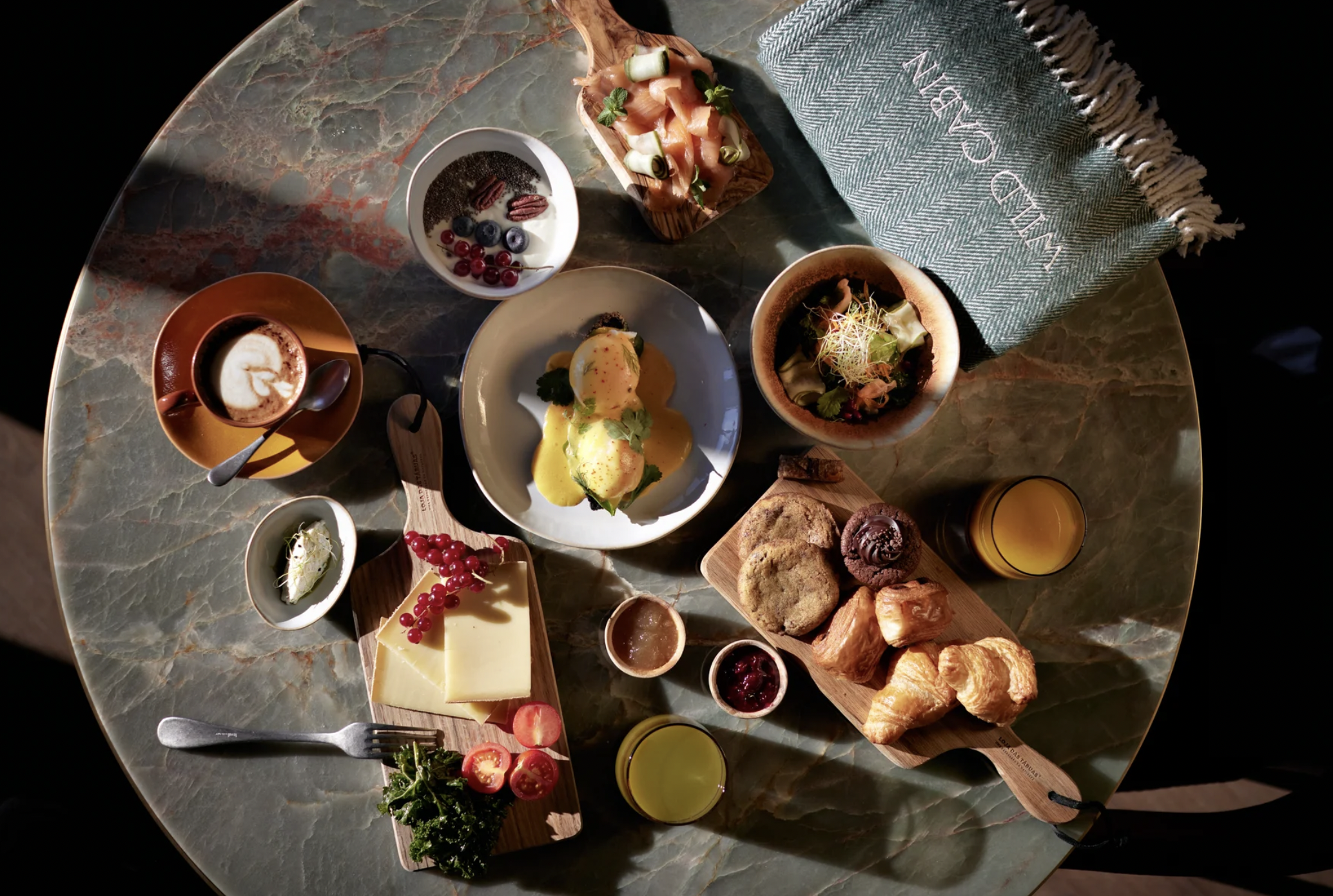
The vibe offers a contemporary take on chalet style. The 78 rooms and suites are decorated in local larch and oak, and all have terraces or balconies with alpine views over the likes of the Matterhorn and Mont Blanc. With four different saunas, a sensory flotation pod, two pools
and a whimsical relaxation area complete with 15,000 hanging “icicles” and views of a birch forest, the spa at Six Senses Crans-Montana makes après ski an afterthought.
You can even sidestep the cheese-heavy cuisine of this region in favour of hot pots and sushi at the property’s Japanese restaurant, Byakko. Doubles from around $1,205; Sixsenses.com
You may also like.
Best of Europe: Grand Hotel Des Étrangers
Fall for a Baroque beauty in Syracuse, Italy.
Sicily has seen a White Lotus–fuelled surge in bookings for this summer—a pop-culture fillip to fill up its grandes dames hotels. Skip the gawping crowds at the headline-grabbers, though, and opt instead for an insider-ish alternative: the Grand Hotel des Étrangers, which reopened last summer after a gut renovation.
It sits on the seafront on the tiny island of Ortigia in Syracuse, all cobbled streets and grand buildings, like a Baroque time capsule on Sicily’s southeastern coast.
Survey the entire streetscape here from the all-day rooftop bar-restaurant, Clou, where the fusion menu is a shorthand of Sicily’s pan-Mediterranean history; try the spaghetti with bottarga and wild fennel or the sea bass crusted in anchovies. Idle on the terrace alfresco with a snifter of avola, the rum made nearby.
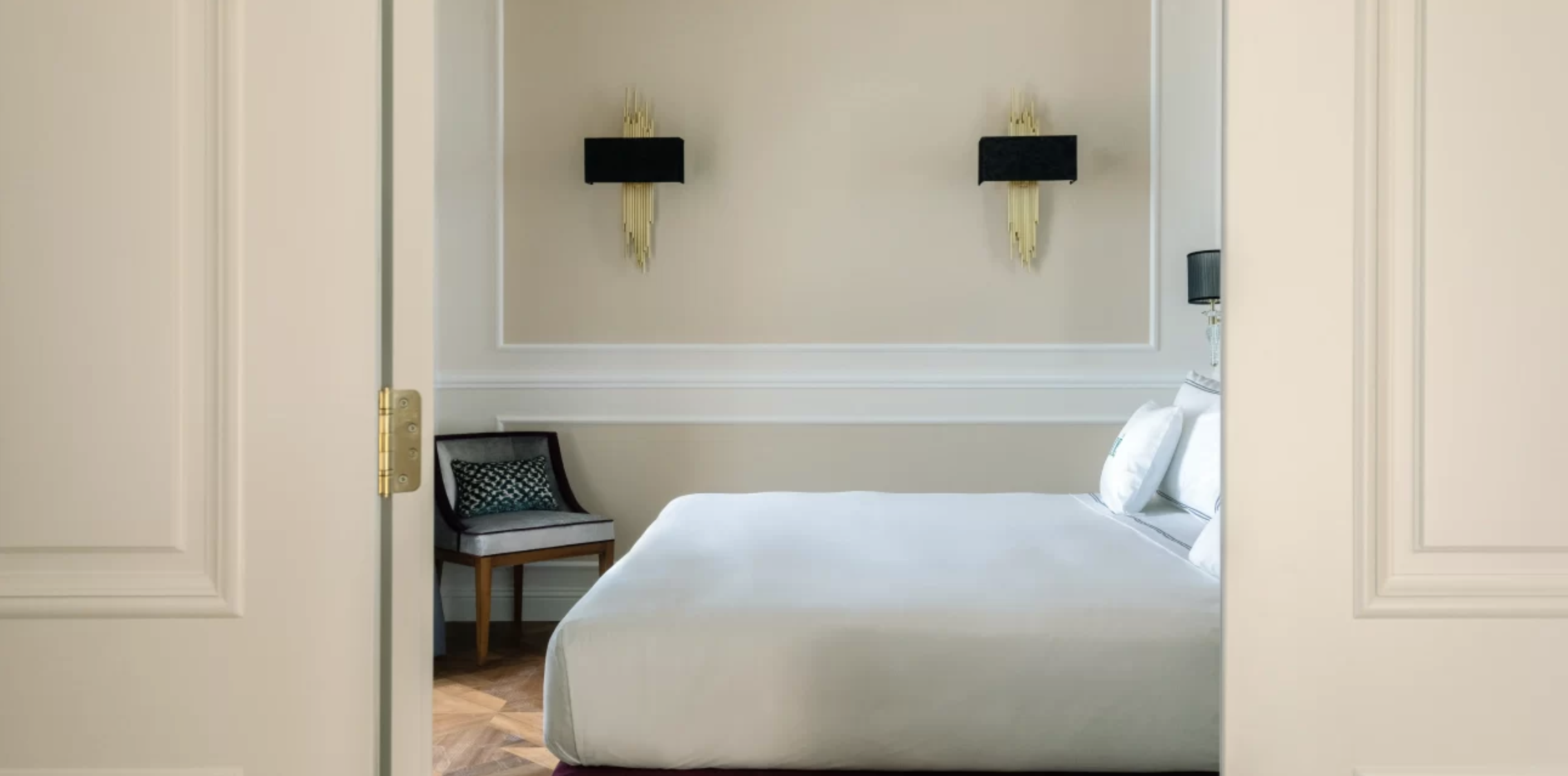
As for the rooms, they’ve been renovated with Art Deco–inflected interiors—think plenty of parquet and marble—but the main asset is their aspect: the best of them have private balconies and a palm tree-fringed view out over the Ionian Sea. Doubles from around $665; desetranger.com
You may also like.
Watch of the Week: TAG Heuer Formula 1 | Kith
The legendary sports watch returns, but with an unexpected twist.
Over the last few years, watch pundits have predicted the return of the eccentric TAG Heuer Formula 1, in some shape or form. It was all but confirmed when TAG Heuer’s heritage director, Nicholas Biebuyck, teased a slew of vintage models on his Instagram account in the aftermath of last year’s Watches & Wonders 2023 in Geneva. And when speaking with Frédéric Arnault at last year’s trade fair, the former CEO asked me directly if the brand were to relaunch its legacy Formula 1 collection, loved by collectors globally, how should they go about it?
My answer to the baited entreaty definitely didn’t mention a collaboration with Ronnie Fieg of Kith, one of the world’s biggest streetwear fashion labels. Still, here we are: the TAG Heuer Formula 1 is officially back and as colourful as ever.
As the watch industry enters its hype era—in recent years, we’ve seen MoonSwatches, Scuba Fifty Fathoms, and John Mayer G-Shocks—the new Formula 1 x Kith collaboration might be the coolest yet.
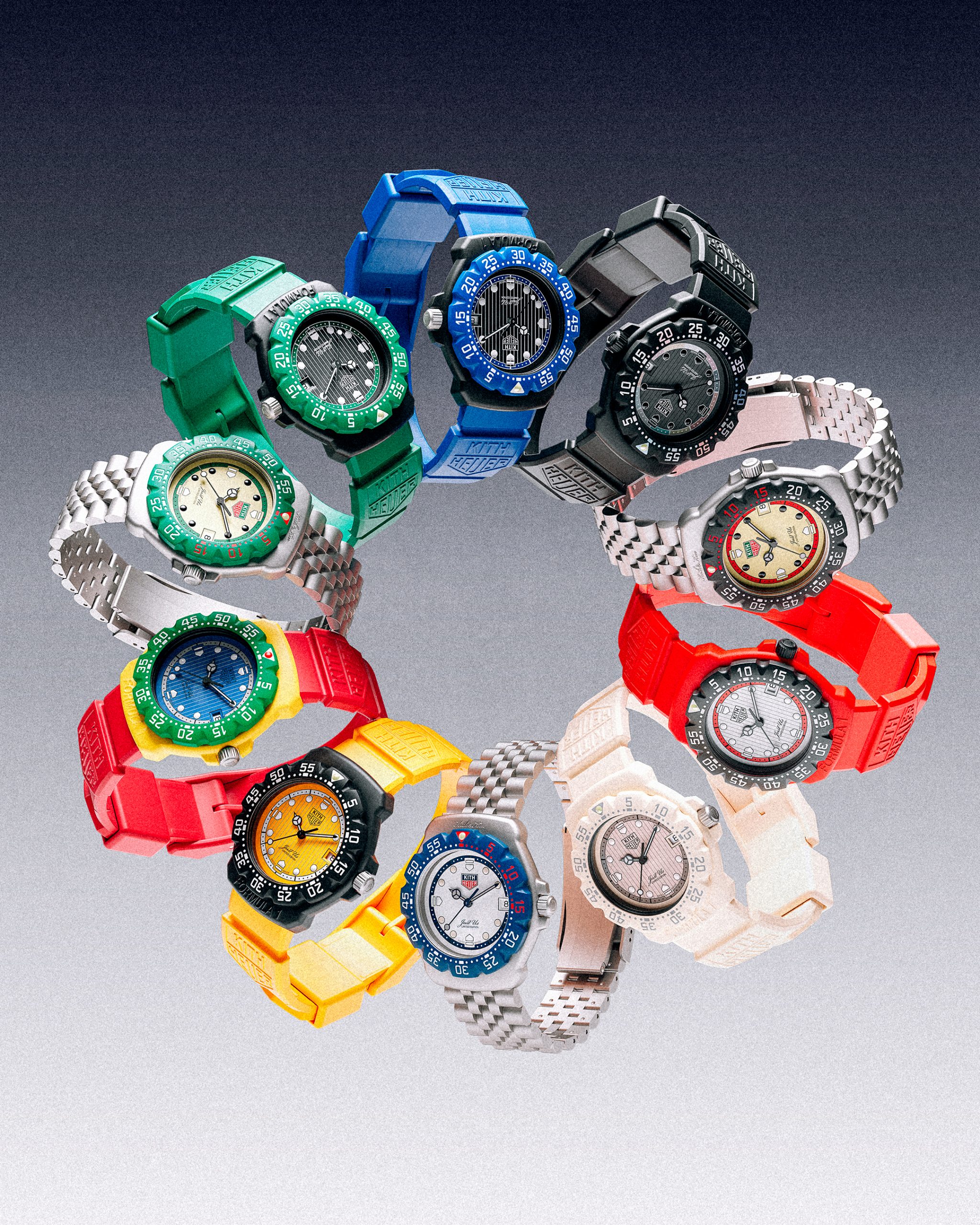
Here’s the lowdown: overnight, TAG Heuer, together with Kith, took to socials to unveil a special, limited-edition collection of Formula 1 timepieces, inspired by the original collection from the 1980s. There are 10 new watches, all limited, with some designed on a stainless steel bracelet and some on an upgraded rubber strap; both options nod to the originals.
Seven are exclusive to Kith and its global stores (New York, Los Angeles, Miami, Hawaii, Tokyo, Toronto, and Paris, to be specific), and are made in an abundance of colours. Two are exclusive to TAG Heuer; and one is “shared” between TAG Heuer and Kith—this is a highlight of the collection, in our opinion. A faithful play on the original composite quartz watch from 1986, this model, limited to just 1,350 pieces globally, features the classic black bezel with red accents, a stainless steel bracelet, and that creamy eggshell dial, in all of its vintage-inspired glory. There’s no doubt that this particular model will present as pure nostalgia for those old enough to remember when the original TAG Heuer Formula 1 made its debut.
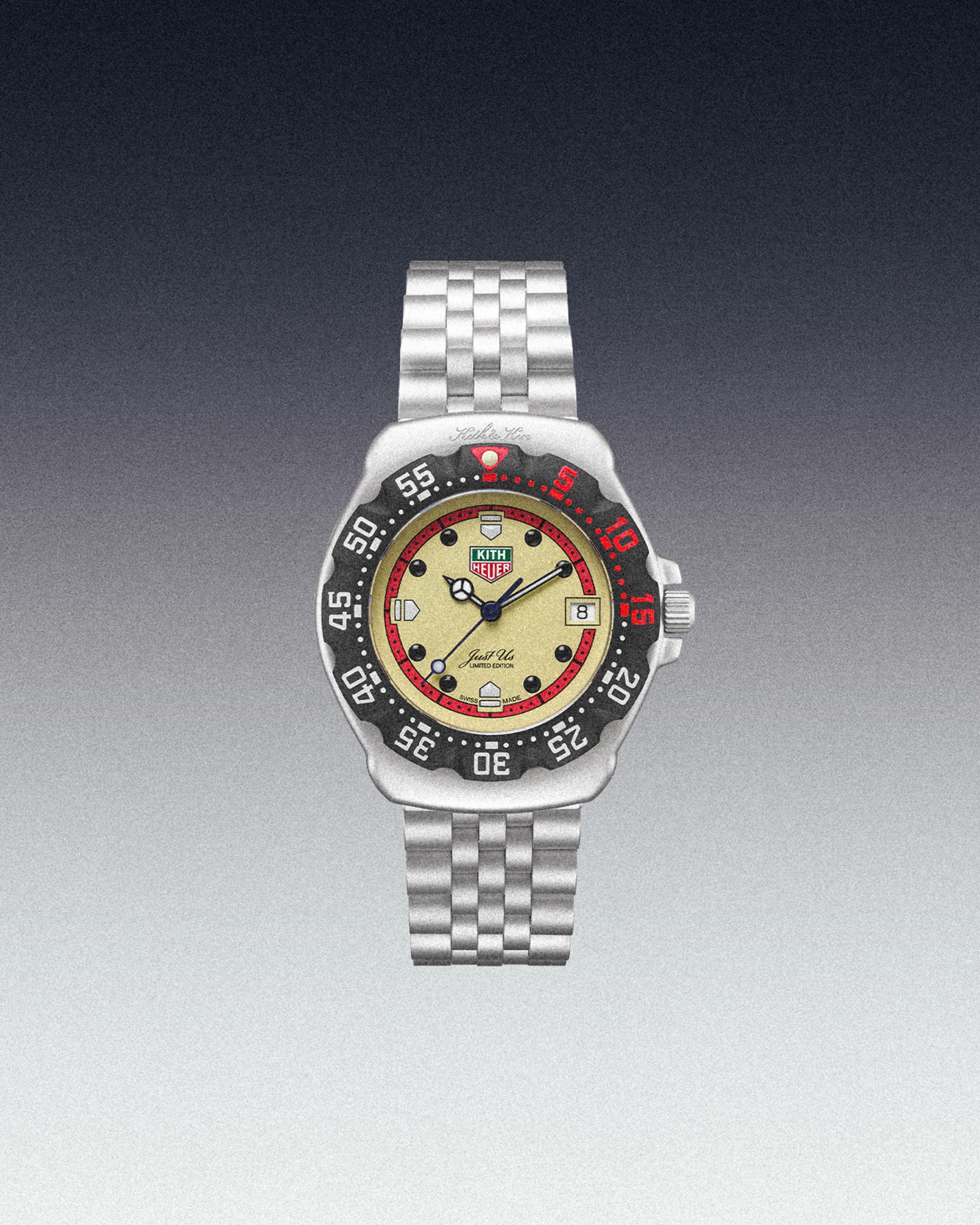
Of course, throughout the collection, Fieg’s design cues are punctuated: the “TAG” is replaced with “Kith,” forming a contentious new brand name for this specific release, as well as Kith’s slogan, “Just Us.”
Collectors and purists alike will appreciate the dedication to the original Formula 1 collection: features like the 35mm Arnite cases—sourced from the original 80s-era supplier—the form hour hand, a triangle with a dot inside at 12 o’clock, indices that alternate every quarter between shields and dots, and a contrasting minuterie, are all welcomed design specs that make this collaboration so great.
Every TAG Heuer Formula 1 | Kith timepiece will be presented in an eye-catching box that complements the fun and colour theme of Formula 1 but drives home the premium status of this collaboration. On that note, at $2,200 a piece, this isn’t exactly an approachable quartz watch but reflects the exclusive nature of Fieg’s Kith brand and the pieces he designs (largely limited-edition).
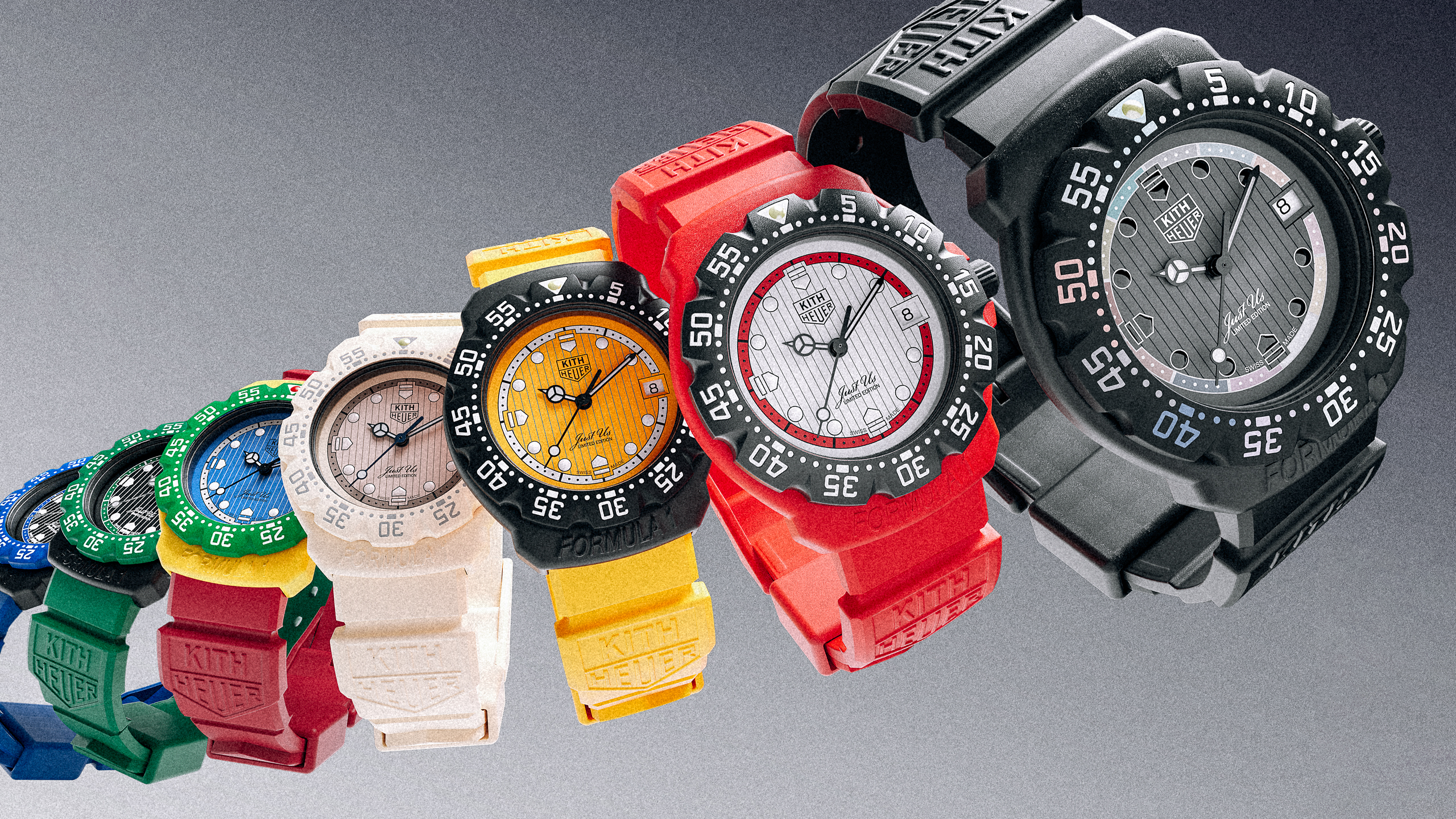
So, what do we think? It’s important not to understate the significance of the arrival of the TAG Heuer Formula 1 in 1986, in what would prove integral in setting up the brand for success throughout the 90’s—it was the very first watch collection to have “TAG Heuer” branding, after all—but also in helping to establish a new generation of watch consumer. Like Fieg, many millennial enthusiasts will recall their sentimental ties with the Formula 1, often their first timepiece in their horological journey.
This is as faithful of a reissue as we’ll get from TAG Heuer right now, and budding watch fans should be pleased with the result. To TAG Heuer’s credit, a great deal of research has gone into perfecting and replicating this iconic collection’s proportions, materials, and aesthetic for the modern-day consumer. Sure, it would have been nice to see a full lume dial, a distinguishing feature on some of the original pieces—why this wasn’t done is lost on me—and perhaps a more approachable price point, but there’s no doubt these will become an instant hit in the days to come.
—
The TAG Heuer Formula 1 | Kith collection will be available on Friday, May 3rd, exclusively in-store at select TAG Heuer and Kith locations in Miami, and available starting Monday, May 6th, at select TAG Heuer boutiques, all Kith shops, and online at Kith.com. To see the full collection, visit tagheuer.com
You may also like.
06/05/2024
06/05/2024
30/04/2024
8 Fascinating Facts You Didn’t Know About Aston Martin
The British sports car company is most famous as the vehicle of choice for James Bond, but Aston Martin has an interesting history beyond 007.
Aston Martin will forever be associated with James Bond, ever since everyone’s favourite spy took delivery of his signature silver DB5 in the 1964 film Goldfinger. But there’s a lot more to the history of this famed British sports car brand beyond its association with the fictional British Secret Service agent.
Let’s dive into the long and colourful history of Aston Martin.
You may also like.
06/05/2024
30/04/2024
06/05/2024
What Venice’s New Tourist Tax Means for Your Next Trip
The Italian city will now charge visitors an entry fee during peak season.
Visiting the Floating City just got a bit more expensive.
Venice is officially the first metropolis in the world to start implementing a day-trip fee in an effort to help the Italian hot spot combat overtourism during peak season, The Associated Press reported. The new program, which went into effect, requires travellers to cough up roughly €5 (about $AUD8.50) per person before they can explore the city’s canals and historic sites. Back in January, Venice also announced that starting in June, it would cap the size of tourist groups to 25 people and prohibit loudspeakers in the city centre and the islands of Murano, Burano, and Torcello.
“We need to find a new balance between the tourists and residents,’ Simone Venturini, the city’s top tourism official, told AP News. “We need to safeguard the spaces of the residents, of course, and we need to discourage the arrival of day-trippers on some particular days.”
During this trial phase, the fee only applies to the 29 days deemed the busiest—between April 25 and July 14—and tickets will remain valid from 8:30 am to 4 pm. Visitors under 14 years of age will be allowed in free of charge in addition to guests with hotel reservations. However, the latter must apply online beforehand to request an exemption. Day-trippers can also pre-pay for tickets online via the city’s official tourism site or snap them up in person at the Santa Lucia train station.
“With courage and great humility, we are introducing this system because we want to give a future to Venice and leave this heritage of humanity to future generations,” Venice Mayor Luigi Brugnaro said in a statement on X (formerly known as Twitter) regarding the city’s much-talked-about entry fee.
Despite the mayor’s backing, it’s apparent that residents weren’t totally pleased with the program. The regulation led to protests and riots outside of the train station, The Independent reported. “We are against this measure because it will do nothing to stop overtourism,” resident Cristina Romieri told the outlet. “Moreover, it is such a complex regulation with so many exceptions that it will also be difficult to enforce it.”
While Venice is the first city to carry out the new day-tripper fee, several other European locales have introduced or raised tourist taxes to fend off large crowds and boost the local economy. Most recently, Barcelona increased its city-wide tourist tax. Similarly, you’ll have to pay an extra “climate crisis resilience” tax if you plan on visiting Greece that will fund the country’s disaster recovery projects.
You may also like.
06/05/2024
06/05/2024
30/04/2024






